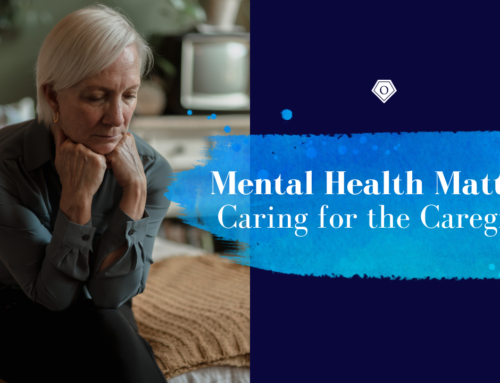NEAT stands for non-exercise activity thermogenesis.
Essentially, NEAT is everything we do that is not sleeping, eating, or sports-like exercise. The Mayo Clinic reports that NEAT plays a very important role in overall health. NEAT plays such a large role, that Mayo believes it may help explain the obesity epidemic.
Experts recommend the following strategies to boost NEAT (from AARP):
- Consider a sit-to-stand desk or desk attachment, which is beneficial for blood sugar and blood pressure and can potentially decrease low back pain.
- Walk after meals. Doing so can help lower postprandial (post-meal) blood glucose levels.
- Get up to chat with coworkers rather than emailing them.
- If you’re in a family that texts from one room to the next, stop!
- Set an alarm to stand and stretch or take a lap at regular intervals throughout the day.
- Enlist your colleagues, friends or family members to join you in moving more.
- Social support goes a long way in helping you stick to new habits.
- Engage in active TV time. Consider stretching while watching your favorite show, or use the commercial breaks to march in place or do bodyweight movements such as air squats or incline push-ups with your hands on the arm of your couch or the wall.
- Use active transit. Whenever possible, reduce time spent sitting behind the wheel by choosing to walk to a nearby destination or, for longer trips, by parking a little farther away than usual and walking the rest of the way.
Many of these suggestions to boost NEAT are possible for both caregivers and seniors. We flagged walking after meals, an alarm to stretch at regular intervals during the day, and enlisting family for support as tools you can start trying today! Light movement helps refresh the brain, boost serotonin, and break you out of a funk. It is easy to get stuck in rut as a caregiver, when patients are picky, and days are long. We encourage you to employ NEAT tools right away to add to you and your loved one’s overall health.
Employing NEAT tools on a daily basis can also create productive activities for caregivers to do with seniors! Routine can be especially important for seniors with dementia or Alzheimer’s. Consider adding a few of these tools to the daily routine to help you and your loved one live healthier.






